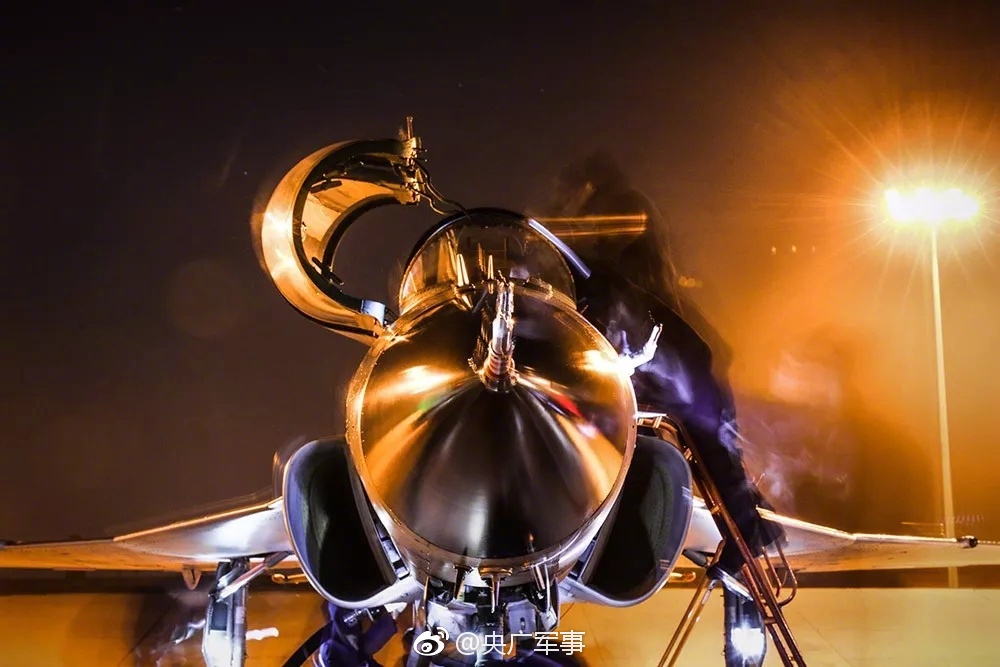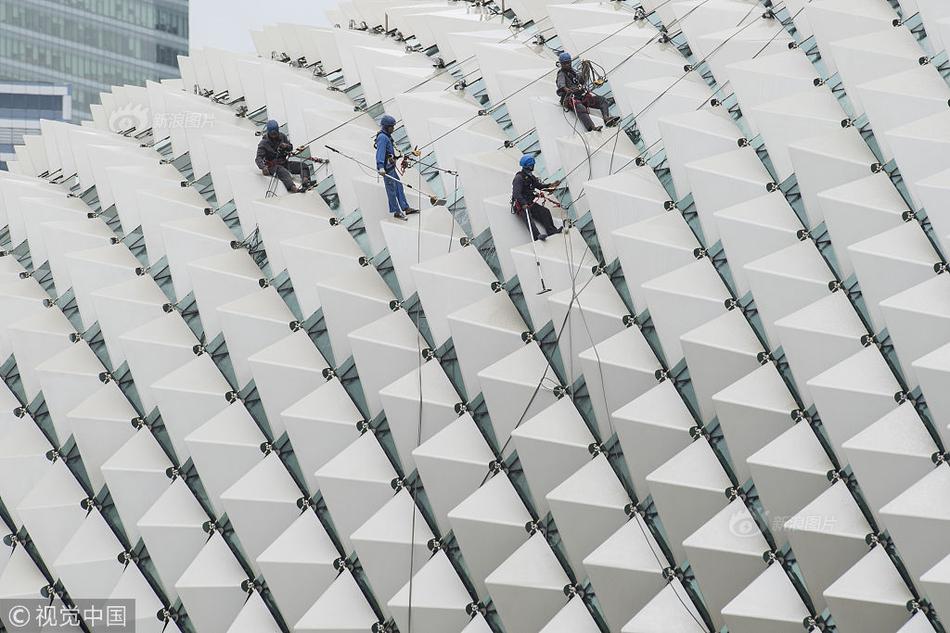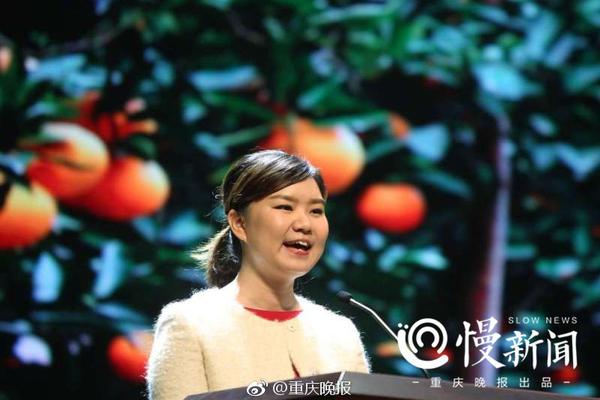
1. The five functions of the operating system are processor management, memory management, device management, file management and job management. Processor management The most basic function of processor management is to process interrupt events. After configuring the operating system, various events can be processed.
2. The main function of the computer operating system is process management, and its work is mainly process scheduling. In the case of a single user and a single taskNext, the processor is only monopolized by one user's task, and the process management work is very simple.
3. Operating System (abbreviation: OS) is a group of interrelated system software programs that supervise and control computer operation, use and run hardware, software resources and provide public services to organize user interaction.
4. Five major management functions of the operating system: (1) Job management: including tasks, interface management, human-computer interaction, graphical interface, voice control and virtual reality, etc. ( 2) File management: also known as information management. ( 3) Storage management: The essence is the management of storage "space", which mainly refers to the management of the main memory.
Any information system has five basic functions, namely: information collection and recording (input); information storage; information processing; information transmission; information output .
According to the functional introduction of the information system, the information system has five basic functions: input, storage, processing, output and control. Different functions have different functions, such as input function: the input function of the information system is determined by the purpose to be achieved by the system, the ability of the system and the permission of the information environment.
Five basic functions of the information system: input, storage, processing, output and control. Input function: The input function of the information system is determined by the purpose to be achieved by the system, the ability of the system and the permission of the information environment.Storage function: Storage function refers to the ability of the system to store various information and data. Mainly including: statistical functions.
The operating system has five functions: processor management: mainly controls and manages the work of the CPU. Storage management: mainly allocate and manage memory. Device management: mainly manage basic input and output devices. File management: responsible for the organization, storage, operation and protection of computer files.
The functions of the computer operating system include: processor management, memory management, device management, file management, job management and other functional modules. Processor management. The most basic function of processor management is to handle interrupt events. The processor can only detect interrupt events and generate interrupts and cannot process them.
The main function of the computer operating system is process management, and its main work is process scheduling. In the case of a single user and a single task, the processor is only monopolized by one user's task, and the work of process management is very simple.
The main functions of the operating system are process and processor management, job management, storage management, device management and file management, as follows: process and processor management. Because the execution of the program must rely on the processor, only one program flow can be processed and executed at any time. Homework management.
I) Processor management The most basic function of processor management is to handle interrupt events. The processor can only detect interrupt events and generate interrupts, and cannot handle these interrupt events. After configuring the operating system, all types of events can be handled.Another function of processor management is processor scheduling.
Five management functions of the operating system: job management: including tasks, interface management, human-computer interaction, graphical interface, voice control and virtual reality, etc. File management: also known as information management. Storage management: The essence is the management of storage "space", which mainly refers to the management of the main memory.

The storage management function of the operating system is to manage memory resources. It mainly realizes memory allocation and recovery, storage protection and memory expansion. The device management of the device management operating system is responsible for allocating and recycling external devices, and controlling external devices to operate according to the requirements of user programs.
The functions of the computer operating system include: processor management, memory management, device management, file management, job management and other functional modules. Processor management. The most basic function of processor management is to handle interrupt events. The processor can only detect interrupt events and generate interrupts and cannot process them.
The five functions of the operating system are processor management, memory management, device management, file management and job management.Processor management The most basic function of processor management is to process interrupt events. After configuring the operating system, various events can be processed.
Arena Plus login-APP, download it now, new users will receive a novice gift pack.
1. The five functions of the operating system are processor management, memory management, device management, file management and job management. Processor management The most basic function of processor management is to process interrupt events. After configuring the operating system, various events can be processed.
2. The main function of the computer operating system is process management, and its work is mainly process scheduling. In the case of a single user and a single taskNext, the processor is only monopolized by one user's task, and the process management work is very simple.
3. Operating System (abbreviation: OS) is a group of interrelated system software programs that supervise and control computer operation, use and run hardware, software resources and provide public services to organize user interaction.
4. Five major management functions of the operating system: (1) Job management: including tasks, interface management, human-computer interaction, graphical interface, voice control and virtual reality, etc. ( 2) File management: also known as information management. ( 3) Storage management: The essence is the management of storage "space", which mainly refers to the management of the main memory.
Any information system has five basic functions, namely: information collection and recording (input); information storage; information processing; information transmission; information output .
According to the functional introduction of the information system, the information system has five basic functions: input, storage, processing, output and control. Different functions have different functions, such as input function: the input function of the information system is determined by the purpose to be achieved by the system, the ability of the system and the permission of the information environment.
Five basic functions of the information system: input, storage, processing, output and control. Input function: The input function of the information system is determined by the purpose to be achieved by the system, the ability of the system and the permission of the information environment.Storage function: Storage function refers to the ability of the system to store various information and data. Mainly including: statistical functions.
The operating system has five functions: processor management: mainly controls and manages the work of the CPU. Storage management: mainly allocate and manage memory. Device management: mainly manage basic input and output devices. File management: responsible for the organization, storage, operation and protection of computer files.
The functions of the computer operating system include: processor management, memory management, device management, file management, job management and other functional modules. Processor management. The most basic function of processor management is to handle interrupt events. The processor can only detect interrupt events and generate interrupts and cannot process them.
The main function of the computer operating system is process management, and its main work is process scheduling. In the case of a single user and a single task, the processor is only monopolized by one user's task, and the work of process management is very simple.
The main functions of the operating system are process and processor management, job management, storage management, device management and file management, as follows: process and processor management. Because the execution of the program must rely on the processor, only one program flow can be processed and executed at any time. Homework management.
I) Processor management The most basic function of processor management is to handle interrupt events. The processor can only detect interrupt events and generate interrupts, and cannot handle these interrupt events. After configuring the operating system, all types of events can be handled.Another function of processor management is processor scheduling.
Five management functions of the operating system: job management: including tasks, interface management, human-computer interaction, graphical interface, voice control and virtual reality, etc. File management: also known as information management. Storage management: The essence is the management of storage "space", which mainly refers to the management of the main memory.

The storage management function of the operating system is to manage memory resources. It mainly realizes memory allocation and recovery, storage protection and memory expansion. The device management of the device management operating system is responsible for allocating and recycling external devices, and controlling external devices to operate according to the requirements of user programs.
The functions of the computer operating system include: processor management, memory management, device management, file management, job management and other functional modules. Processor management. The most basic function of processor management is to handle interrupt events. The processor can only detect interrupt events and generate interrupts and cannot process them.
The five functions of the operating system are processor management, memory management, device management, file management and job management.Processor management The most basic function of processor management is to process interrupt events. After configuring the operating system, various events can be processed.
App to watch Champions League live free
author: 2025-01-08 05:07 Hearthstone arena class win rates reddit
Hearthstone arena class win rates reddit
989.46MB
Check UEFA Champions League
UEFA Champions League
626.65MB
Check TNT Sports
TNT Sports
178.81MB
Check Hearthstone arena deck Builder
Hearthstone arena deck Builder
842.25MB
Check TNT Sports
TNT Sports
163.31MB
Check Champions League
Champions League
668.68MB
Check Bingo Plus
Bingo Plus
344.48MB
Check Casino Plus GCash login
Casino Plus GCash login
245.85MB
Check bingo plus update today
bingo plus update today
323.72MB
Check 100 free bonus casino no deposit GCash
100 free bonus casino no deposit GCash
739.75MB
Check Hearthstone Wild Decks
Hearthstone Wild Decks
471.91MB
Check Casino redeem
Casino redeem
119.94MB
Check Bingo Plus stock
Bingo Plus stock
797.59MB
Check Bingo Plus stock
Bingo Plus stock
511.24MB
Check PAGCOR online casino free 100
PAGCOR online casino free 100
785.34MB
Check Casino Plus login register
Casino Plus login register
511.93MB
Check UEFA Champions League live streaming app
UEFA Champions League live streaming app
958.14MB
Check Arena Plus login
Arena Plus login
984.35MB
Check Free sports events uefa champions league app android
Free sports events uefa champions league app android
643.69MB
Check Arena Plus login
Arena Plus login
296.23MB
Check Casino Plus free 100
Casino Plus free 100
634.38MB
Check DigiPlus fair value
DigiPlus fair value
943.47MB
Check European Cup live
European Cup live
481.95MB
Check UEFA Champions League
UEFA Champions League
599.77MB
Check Hearthstone Wild Decks
Hearthstone Wild Decks
747.18MB
Check Hearthstone deck
Hearthstone deck
189.38MB
Check Bingo Plus stock
Bingo Plus stock
547.44MB
Check Champions League
Champions League
884.13MB
Check Arena plus APK
Arena plus APK
683.29MB
Check UEFA European championship
UEFA European championship
442.78MB
Check TNT Sports
TNT Sports
272.65MB
Check Casino free 100 no deposit
Casino free 100 no deposit
895.78MB
Check UEFA Champions League live streaming free
UEFA Champions League live streaming free
356.65MB
Check Casino Plus login register
Casino Plus login register
132.25MB
Check UEFA Champions League standings
UEFA Champions League standings
293.61MB
Check bingo plus update today
bingo plus update today
887.43MB
Check
Scan to install
Arena Plus login to discover more
Netizen comments More
101 深仁厚泽网
2025-01-08 05:55 recommend
1046 三省吾身网
2025-01-08 05:30 recommend
1335 曾母投杼网
2025-01-08 05:29 recommend
1255 授受不亲网
2025-01-08 05:26 recommend
457 悦近来远网
2025-01-08 04:07 recommend